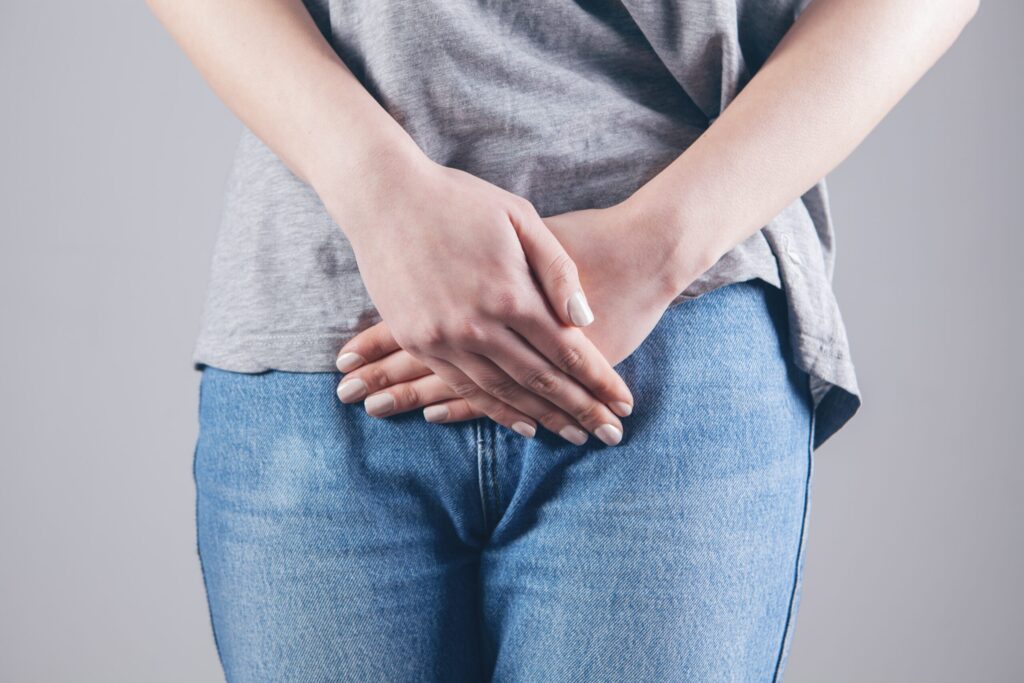Uterine fibroids affect up to 80% of women by age 50. While some women experience no symptoms, others face intrusive issues like heavy bleeding, painful sex, and chronic pelvic pain.
If you or someone you love has fibroids, you may wonder whether leaving them untreated is a safe option. Understanding the potential risks and treatment choices can help you make an informed decision about your health.
At Dallas Fibroid Center, we help women navigate their fibroid diagnosis and explore all available treatment options, from watchful waiting to minimally invasive procedures. To learn more, contact our team or continue reading below.

Fibroids are classified based on their location:
The size and location of fibroids influence symptom severity and treatment decisions.
The effects of untreated fibroids vary from woman to woman. Some fibroids remain stable in size and do not cause significant symptoms.
However, in other cases, fibroids can grow larger or multiply, leading to worsening symptoms, such as:
While fibroids are non-cancerous, their growth and associated symptoms can significantly impact quality of life.
Hormones like estrogen and progesterone influence fibroid growth. During reproductive years, these hormones stimulate fibroid growth.
For some women, fibroids may shrink naturally after menopause when hormone levels decline. However, others may continue experiencing fibroid symptoms even after menopause, especially if they use hormone replacement therapy (HRT).
In most cases, untreated fibroids are not life-threatening. However, they can lead to complications such as:
Because of these risks, many women choose to explore treatment options before symptoms worsen.
If you have fibroids, you can choose from several treatment approaches:
For many women, UFE offers a practical, non-surgical alternative to fibroid removal, allowing them to avoid more invasive procedures.
Discussing your symptoms and options with a specialist can provide clarity if you're uncertain whether to treat fibroids.
At Dallas Fibroid Center, we offer personalized evaluations to help determine the best approach for your unique needs.
Schedule an appointment today or call 469-294-5589 to explore your fibroid treatment options.

Our Locations
Monday - Friday
8am - 5pm
Dallas
3920 W Wheatland Rd,
Suite 108,
Dallas, TX 75237
Plano
5425 W. Spring Creek Parkway,
Suite 100
Plano, TX 75024
Scheduling
Please contact our dedicated specialists to schedule a consultation today.
2025 Dallas Fibroid Center. All rights reserved. Website Design by Healthcare Success